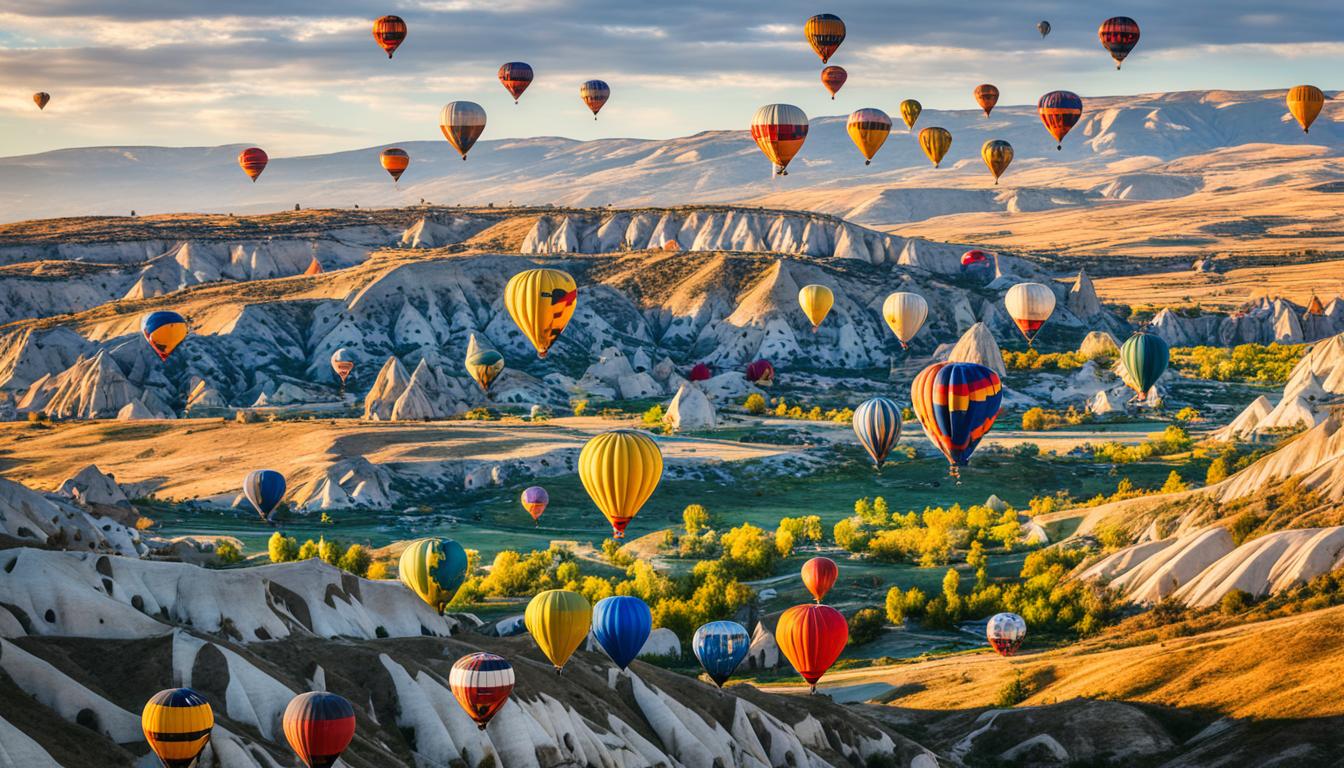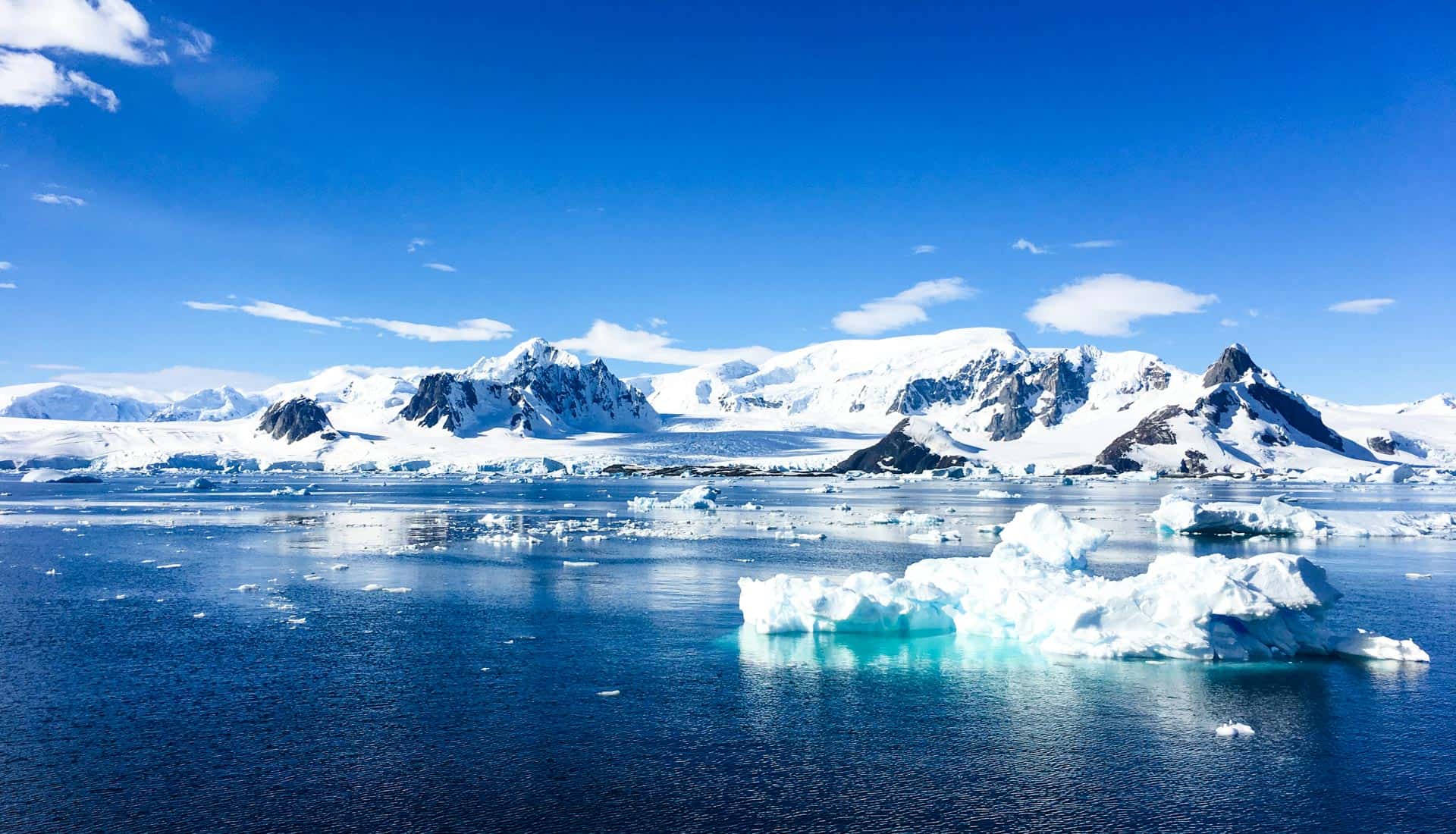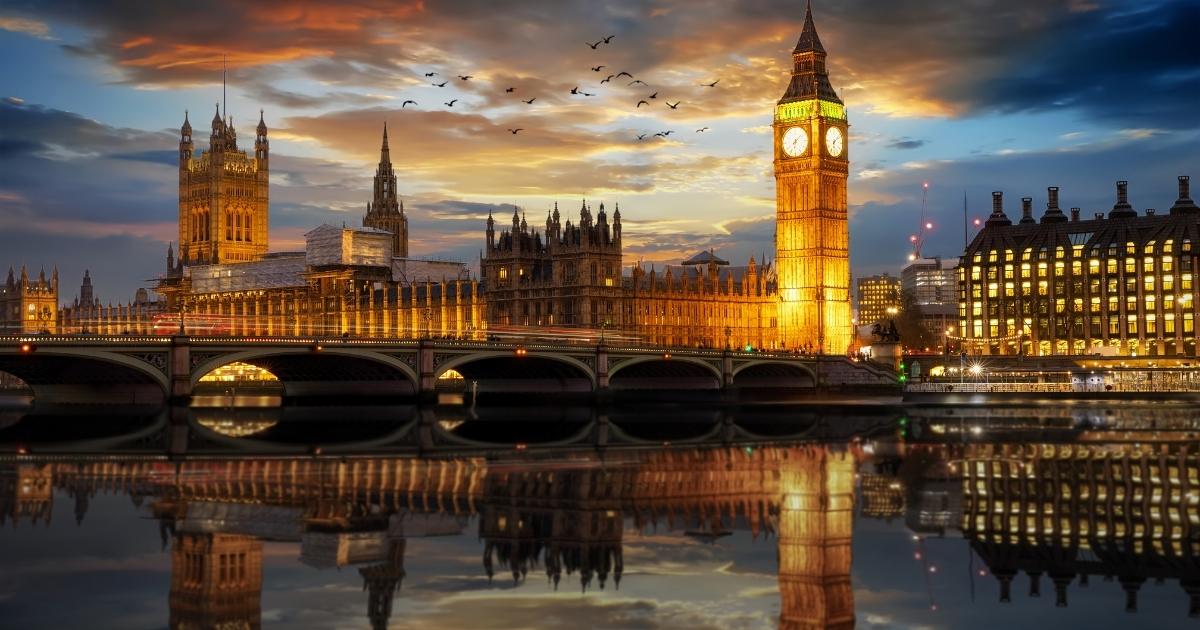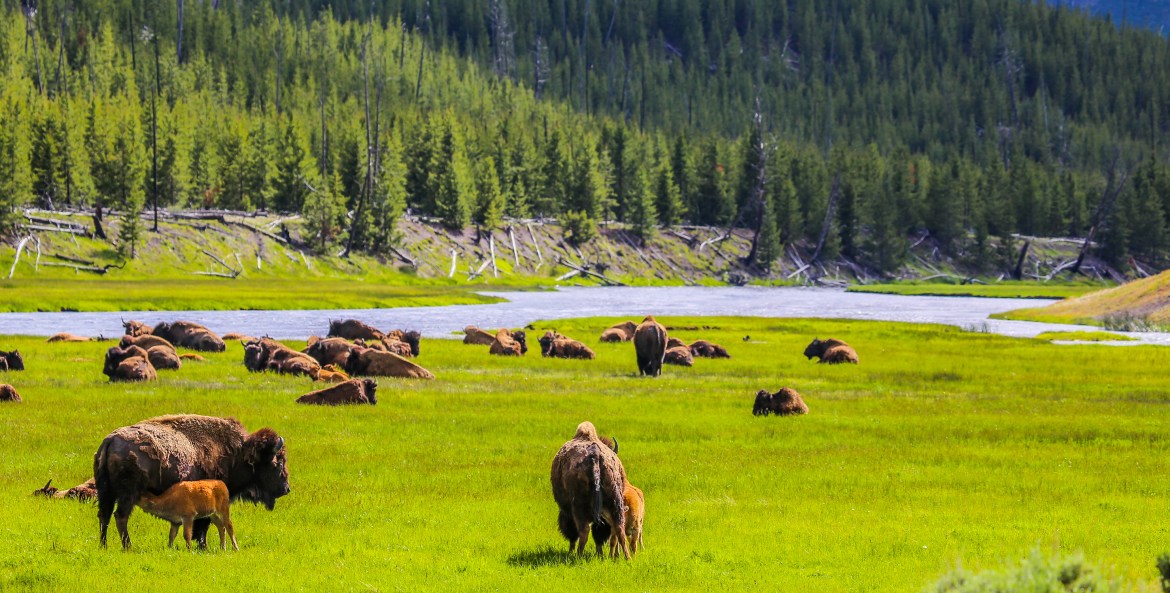
The Yellowstone National Park is a wild work of nature in Wyoming. Various national parks in the USA are visited more often but this one is the most favorite. It is located in the Wyoming area. In reality, this was the world’s original ever park. It has an excellent 2.2 million acres and has become a super-giant place with samples of rugged landscapes, towering geothermal wonders, rich wildlife, and deep ecological importance. The pristine beauty of varied ecosystems has made it one of the crown jewels of the American West.
Geothermal Yellowstone Wonders
Probably most famously known, Yellowstone features geothermal attributes in that it sits on top of a volcanic hotspot. There are more than half the world’s geysers and tens of thousands of hot springs, fumaroles, and mud pots like one of the famous Humantay Lake there. Perhaps the most famous among these is the geyser called Old Faithful, whose spouts of boiling water shoot as high as 185 feet into the air about at fairly regular intervals of about 90 minutes.
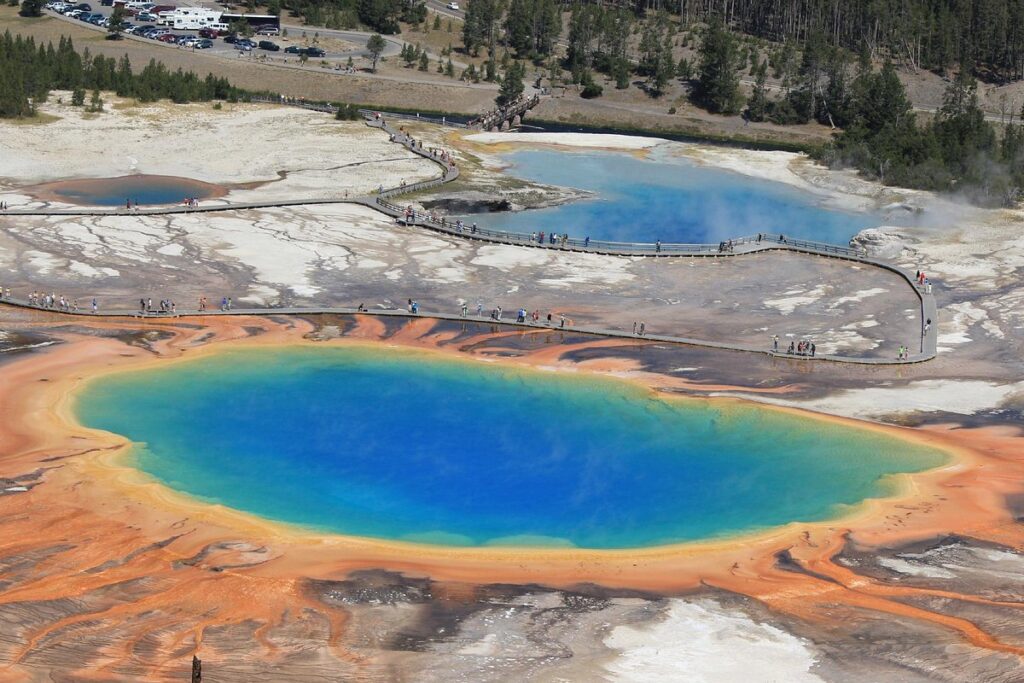
Other geysers with a very popular bright-colored spring in Yellowstone show colors of Yellowstone’s very active thermal powers. Under one of those parks is a supervolcano. And blow its ash all the way. More than 640,000 years ago. The dramatic caldera from that eruption shapes the geography and geothermal activity in the park today.
There are other geysers with a very popular bright-colored spring in Yellowstone that show colors of Yellowstone’s very active thermal powers. Under one of those parks is a super volcano. And blow its ash all the way. more than 640,000 years ago. The dramatic caldera from that eruption shapes the geography and geothermal activity in the park today. That one won’t blow anytime soon, but does add a marvelous dimension to the Yellowstone geologic story.
Fauna and Biodiversity
This land is heaven for any wild-life enthusiast. The range of wildlife supported here is amazingly diverse because so many of North America’s iconic animals are found here. **Grizzly bears** and **gray wolves** now roam freely across the open expanse of the park since their reintroduction there in the 1990s. **American bison** are also readily seen grazing within the plains forming the basis of this national park; Yellowstone supports the largest free-roaming population in the United States.
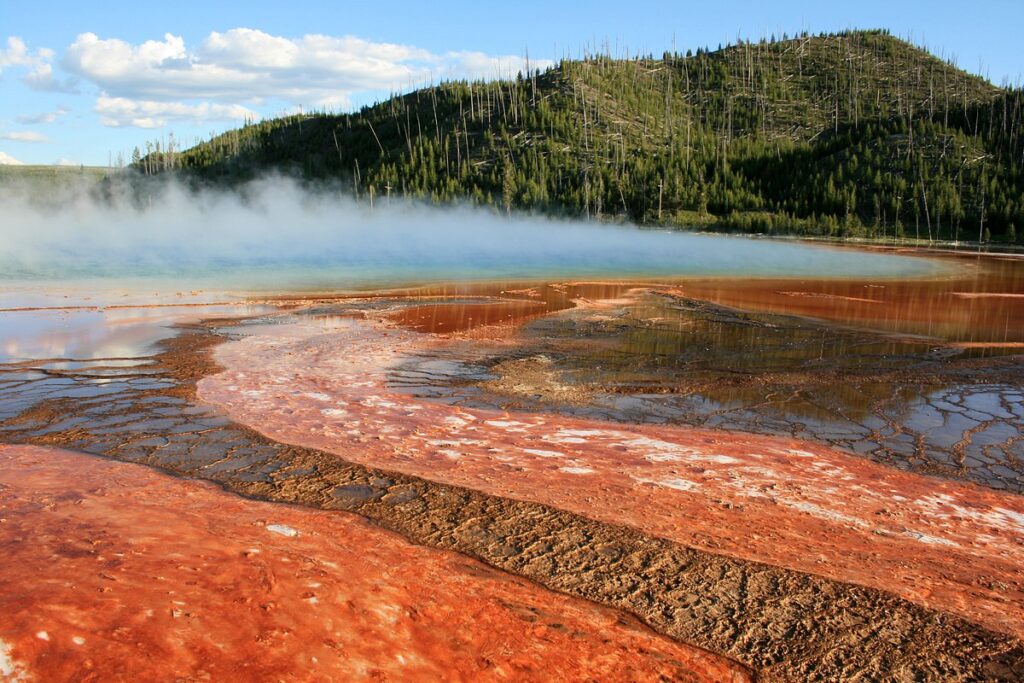
This site also boasts an excellent view of elk, moose, bighorn sheep, and several species of birds; some even boast eagles hovering above the Alaska Dog Sledders National Park Service Site. Habitat diversion unites all the beauty of alpine forests, river valleys, and geothermal basins. All these habitats support that fragile balance among flora, fauna, and forces of geology. Known as the American Serengeti, Lamar Valley is one of the best locations for wildlife viewing, particularly predators such as wolves and bears.
Marvels of Biodiversity
Besides its geothermal attractions, beautiful mountain, river, and waterfall scenery make up much of the roads. The chief scenic feature of the park and carved out by the Yellowstone River is the Grand Canyon of the Yellowstone. Even the canyon itself-with its steep cliffs and dramatic Lower Falls-called has been named one of the most photographed places in the park.
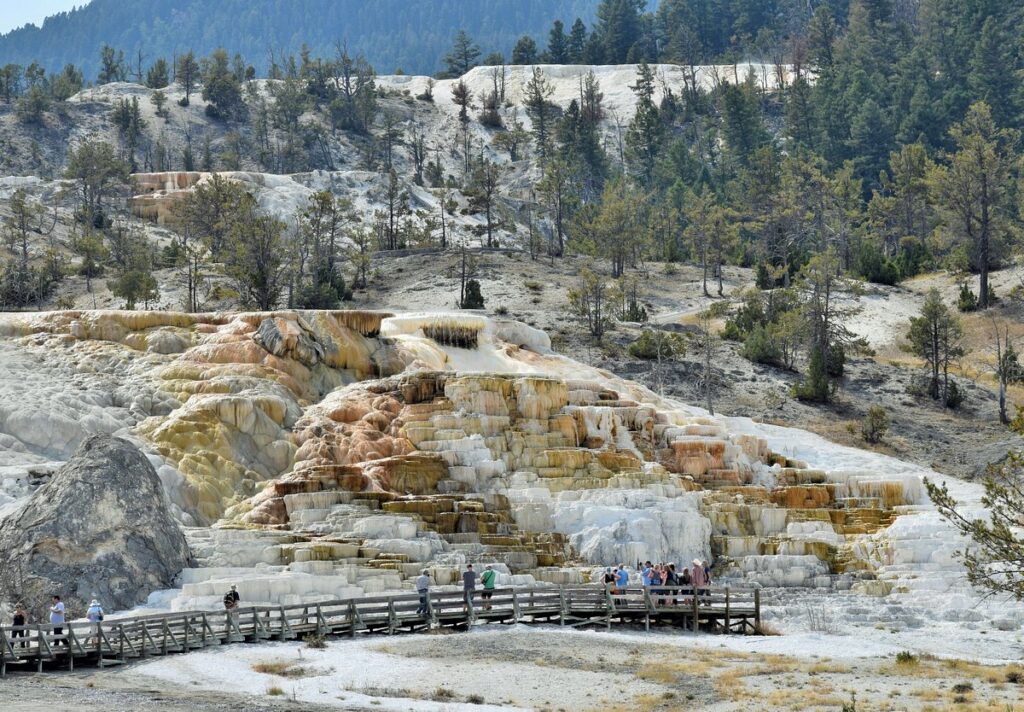
In addition, there is a lake-an altitude headquarters of Yellowstone Lake-that is the only one in North America. It presents the following different morphology, such as waters of the lake and the surrounding forests, that could very well be ideal for boating, fishing, or just observing wildlife.
Conservation and Challenges
Most probably, the first national park known to play a worthy role in the conservation movement of the United States would be Yellowstone. In terms of park management, the problem usually put on a tight scale is preservation and enlarging tourists who can easily disturb fragile ecosystems. Climate change, therefore, poses a challenge not only in the aspect of snowpacks and sources of water but also to migrating wildlife seeking shelter in the park.
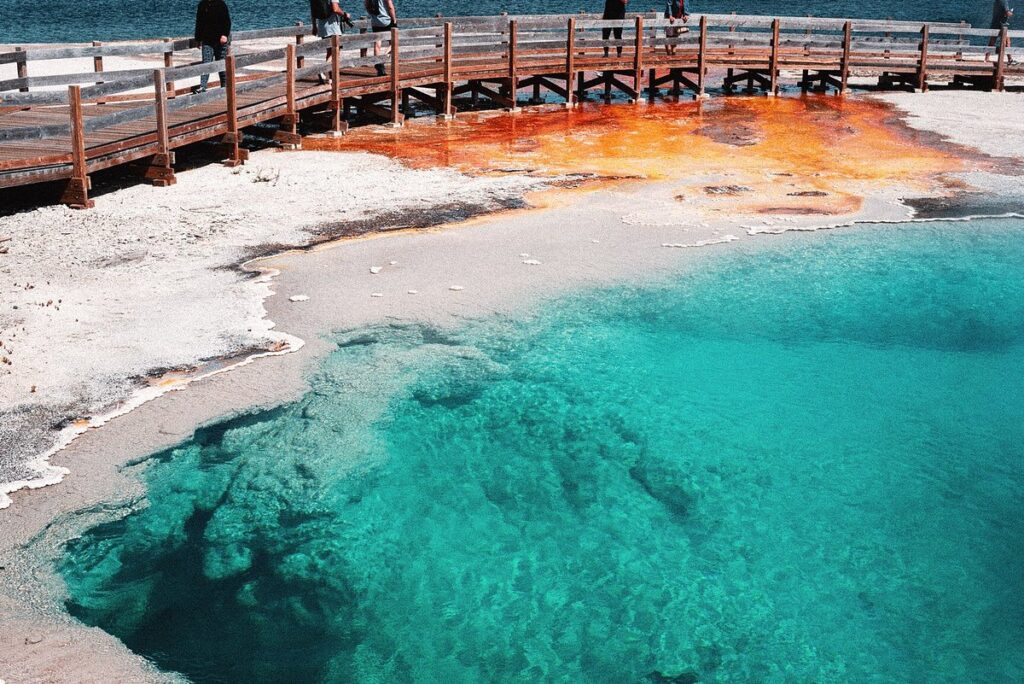
This apart, there are efforts still active. Such is achieved through cooperative work among park rangers, scientists and conservationists who manage populations of the wildlife; take care of health in forests, and generally work towards an alignment of human action and nature.
Conclusion
It is, in fact, the living laboratory of geology, ecology, and conservation. Indeed, Yellowstone National Park is a wonder of nature holding many layers beyond that feature. Indeed, traveling through beautiful landscapes, geothermal marvels, and diverse forms of life, a destination like this will be earth-friendly when experienced by the visitor. To spend a holiday season for such an experience, the experience could aptly be described as entering the raw beauty of Earth but a reminder of what needs protection for future generations.
FAQS
What is the purpose of the Yellowstone National Park?
America’s first national park was established by President Ulysses S. Grant and signed into law to safeguard the country’s natural landscape, wildlife, cultural history, and geologic and ecological systems and processes for the enjoyment and benefit of current and future generations.
What makes Yellowstone beautiful?
Yellowstone National Park is situated on a dormant volcano and has more geysers and hot springs than any other location on Earth. This genuinely exceptional national park is home to many wonders, including the largest buffalo herd in America, grizzly bears, wolves, and locations like the Yellowstone Grand Canyon.
What is the best entrance to Yellowstone?
West entryway: The most well-liked and practical entryway. If this is your first time here, it is perfect because it places you in the center of Yellowstone’s geothermal district, close to well-known sights like the Grand Prismatic Spring and Old Faithful. In the winter, this entry is closed.
What is the main point of Yellowstone?
“The Dutton family, led by John Dutton, who owns the largest contiguous ranch in the United States,” is the subject of Yellowstone. The people that border the ranch land developers, an Indian reservation, and the country’s first national park attack it regularly.
What is the Specialty of Yellowstone National Park?
Over 500 active geysers (more than half of all geysers worldwide) can be found in Yellowstone. A grand geyser erupting in the Upper Geyser Basin in Yellowstone. Grand Geyser is one of only a handful of geysers that are predictable.

